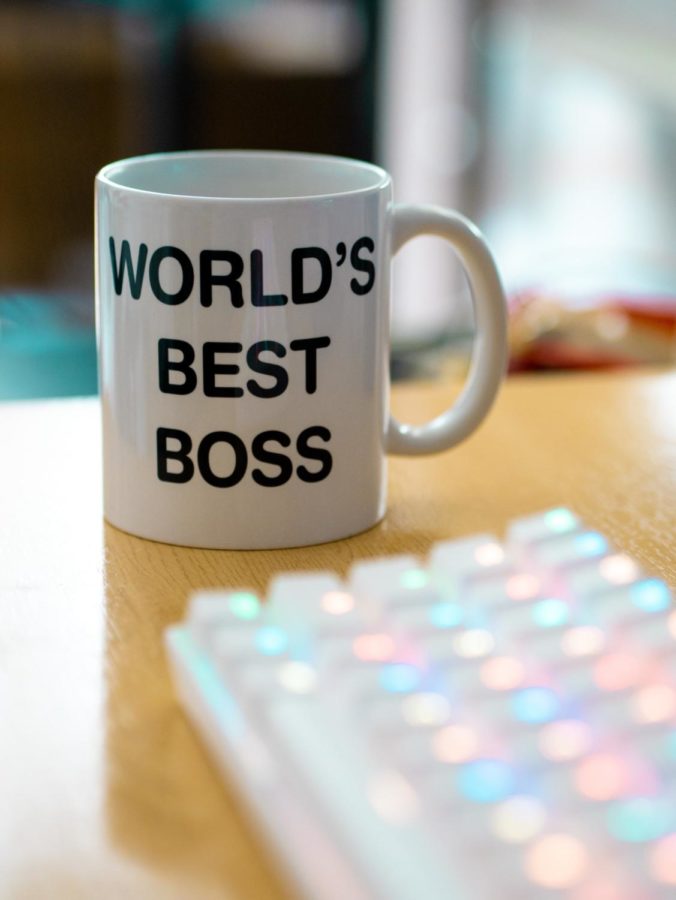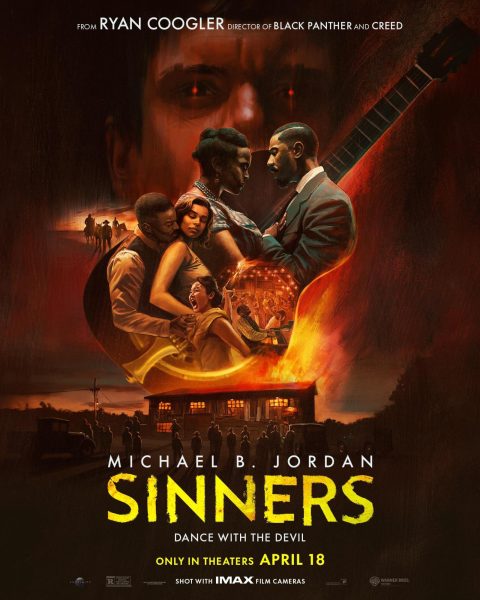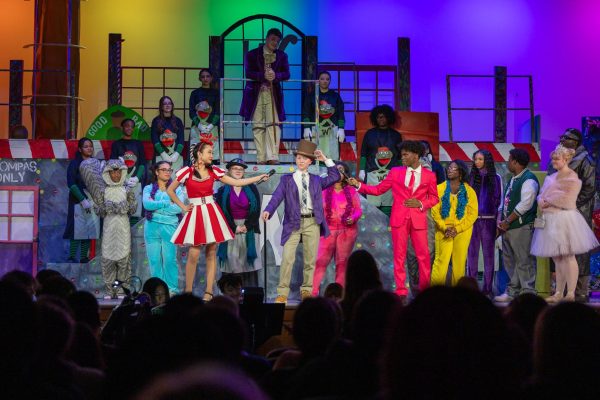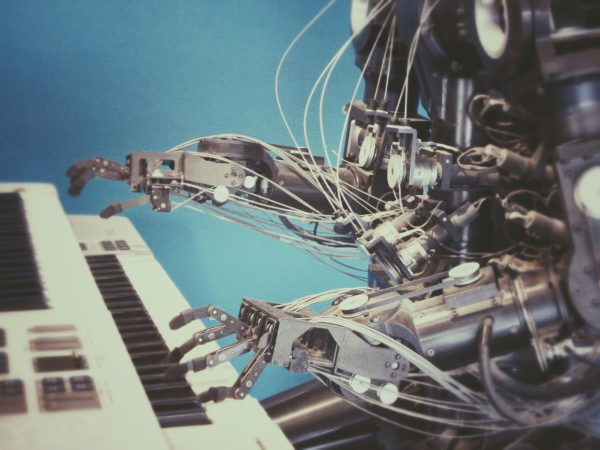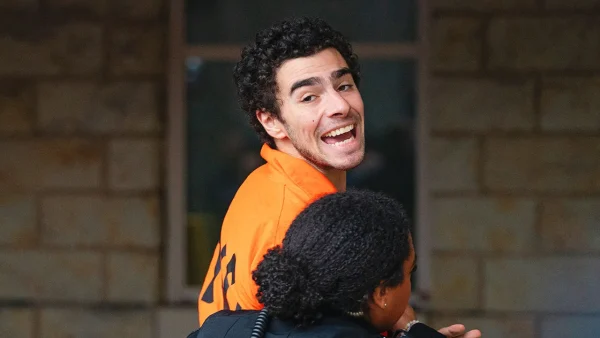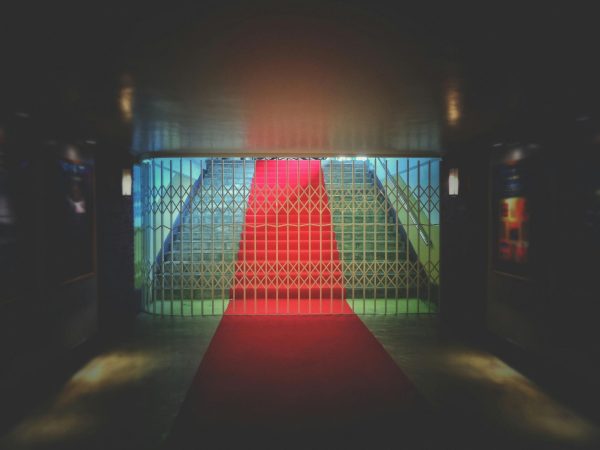Modern Sitcoms Need Work
Should sitcoms confront our reality or help us escape from it?
One of the most famous props from The Office is Micheal Scott’s “World’s Best Boss” mug, which fans can purchase recreations of, such as the one in the photo. Photo by Pablo Varela on Unsplash
It is now April, days past March 13, 2021, which had marked the one-year anniversary of the pandemic shutdown. At the same time, I am also celebrating another historic anniversary – one year of complete sitcom binge. Since the day school first shut down, I’ve been obsessing over my past favorites and discovering new comedies that transport me from the current, real world disaster to a time where the greatest disaster was birthday party planning (a nod to The Office). The best part of each sitcom is the lack of surprise at the end of each segment; viewers always know that at the end of the day, the featured couple will get together (yes, spoiler alert, Jess and Nick get together in New Girl), and that everyone ends up with a “happy ever after”. However, these sitcoms often prove futile in incorporating real world issues, instead choosing the “easier and less controversial” way to go deeper.
It’s not that situational comedies are completely tone deaf. While passing time with monotonous and predictable TV, situational comedies have proved to be a reliable source of comfort. The characters in these shows are lovable and fun, perfect personalities matching their transparent flaws. But their problems gloss over the true depth of people, pretending as if each issue can be solved with a hug or a gift. Most of all, the shows are ideals of what we wished our life to be, and thus we take refuge in an impossible image. We then expect our lives to be as perfect as the sitcoms, holding ourselves and the people around us to an impossible standard.
Recently, I have started Schitt’s Creek, a lovable comedy regarding a wealthy family that has gone broke. The family now lives in a motel, split between two rooms with leaking ceilings and thin walls. They are poor, absorbed in filth and grungy clothing, and suffering without their usual luxuries. The sitcom itself has a positive theme, rallying against materialistic values and emphasizing the bond of loved ones.
All the love and congratulations going out to Catherine O’Hara for her win tonight, and to the entire Schitt’s Creek cast and crew for the team win! ✨💛✨ pic.twitter.com/LF8Q1Vd8Hj
— Schitt’s Creek (@SchittsCreek) March 1, 2021
Yet, a few episodes in, there is a moment where Johnny Rose, the patriarch of the family, is embarrassed to receive an unemployment check. Upon confrontation, he blurts out to his friend, Roland, that he needs one. What follows is sort of an awkward conversation, where Roland exclaims, “Jeez pal, your business is your business. I don’t know why you’re telling me.”
In sum, he shames Johnny for receiving unemployment.
In what could have been a thoughtful moment, a moment in which Roland could have comforted Johnny in his darker times, was passed on for a more humorous moment. For a significant portion of the world, the thought of not knowing where your next check is coming from is not a joke. Rather, further exacerbated by the pandemic, but the unemployment rates have been skyrocketing. Roland’s comment is ignorant, as it shames the many real-life people worldwide who face this issue. It makes others feel less and unworthy – feelings that no person should feel.
Something similar in New Girl occurred too – Winston (an African-American man) was expressing his discontent of the current discriminatory policing trends to his friend, Jake. Winston voiced his fears about how he could be perceived as a threat, simply because of the color of his skin. Jake listens, but then both pass over what could have been a meaningful moment to another corny joke.
Sitcoms are meant to be funny, but they are also not meant to be completely aloof. Seeing tough conversations occur on television is an ingenious way for the media to naturally begin the process of transitioning away from conventional stereotypes and prejudicial hate.
It’s 2021, television. Time for you to change.

Hi, my name is Zoha and I am the Culture Editor here at the Chieftain. When I'm not watching Netflix, you can find me reading either sappy novels or the...


